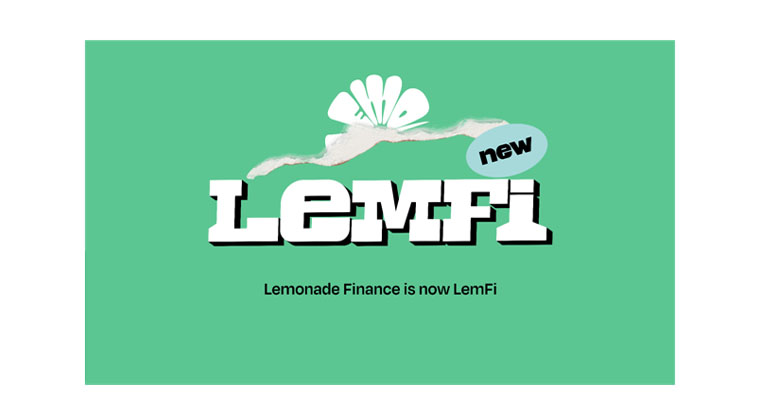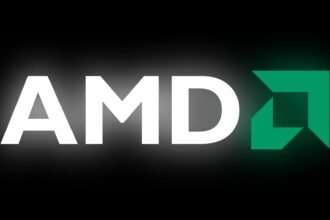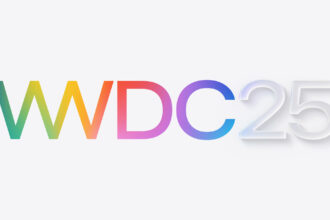Previously known as Lemonade Finance, LemFi has successfully raised $33 million in Series A funding to push its aim for global expansion. This was led on March 8, 2024, by Left Lane Capital, attracting investors like Zrost, Y-Combinator, Olive Tree, Global Founders Capital, and more.
According to immigration statistics, each year thousands of people relocate to the Americas, Europe, and other first-world countries to either work, study, or settle. The immigrants who would want to send money back home to their people were having a tough time doing so, no matter the origin or destination.
In 2022 alone, global statistics show that over $626 billion were accounted for by migrant remittances, highlighting the need for a system that would process these transactions efficiently.
Founded by Ridwan Olalere and Rian Cochran in 2020, LemFi, originally named Lemonade Finance, provides an avenue to make international transfers without the hassle of processing them and enormous transaction fees.
We looked from a global perspective and said, ‘Look, there’s still a lot of opportunity to build something, either for Africans now living abroad, or really just generally speaking immigrant communities that are similar to do those Africans living abroad that need the same products and services.’ The company is now preparing to acquire EU licenses to bring its services to migrant workers and families in the European Union.
Cochran says.
Licensed in the United Kingdom, LemFi offers traditional banking services like holding wallets for its users, card issuance, and international remittance. However, the FinTech company does not offer lending services as its license does not permit LemFi to earn interest on user’s deposits.
Starting out in Canada, LemFi grew to its current popularity fast, making its way to the United Kingdom by early 2021 and expanding to the United States shortly after. This is because of the large number of immigrants entering these countries yearly.
LemFi is also expanding the list of African countries it’s operating in, including Nigeria, Benin, Cameroon, Ivory Coast, Rwanda, Ghana, Kenya, Uganda, Tanzania, and Senegal. Currently, LemFi operates in three non-African countries including Canada, the United Kingdom, and the United States.














